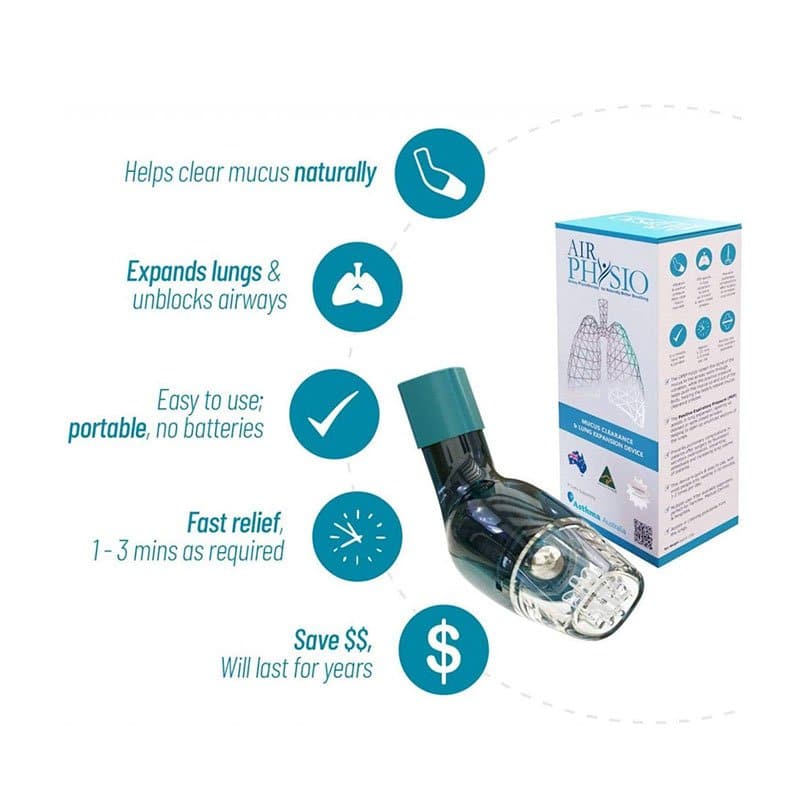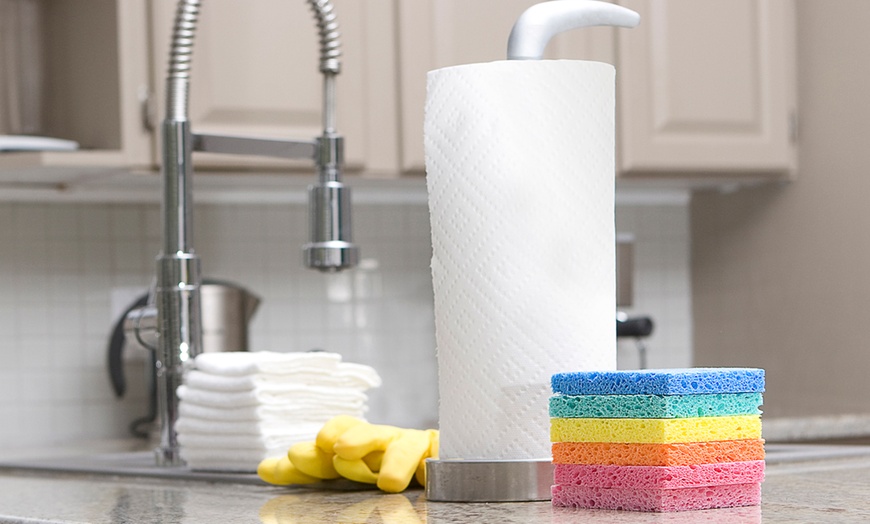Introduction
Many different types of respiratory devices can be used to treat a variety of conditions. Some of the most common devices include:
-Nasal cannula: A small, flexible tube inserted into the nostrils and delivers oxygen to the lungs.
-Oxygen mask: A mask that covers the mouth and nose and delivers oxygen to the lungs.
-Ventilator: A machine that helps a person breathe by delivering oxygen to the lungs.
Tips for using a respiratory device correctly
If you or a loved one has been prescribed a respiratory device like air physio, it is essential to know how to use it correctly. So, now look at some tips:
– Read the instructions that come with the device carefully.
– Make sure you understand how the device works before using it.
– Ask your doctor or nurse if you have any questions about using the device.
– Follow all of the manufacturer’s instructions for use.
– Clean the device according to the manufacturer’s instructions.
– Store the device in a clean, dry place when not in use.
These tips will help ensure that you or your loved one benefit most from using a respiratory device.
Disadvantages of using a respiratory device
There are also some disadvantages of using a respiratory device. These include:
– Respiratory devices can be uncomfortable to wear.
– They can make it challenging to communicate with other people.
– They can be inconvenient to use, especially when traveling or during activities such as exercise.
Despite these disadvantages, many people find that the benefits of using a respiratory device outweigh the drawbacks. If you have been prescribed a respiratory device, talk to your doctor about how to best use it to improve your quality of life.
The bottom line is that if you or a loved one has been prescribed a respiratory device, it is essential to know how and when to use it correctly. Following the tips above will help you get the most benefit from the device.



